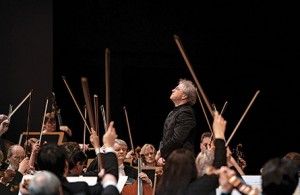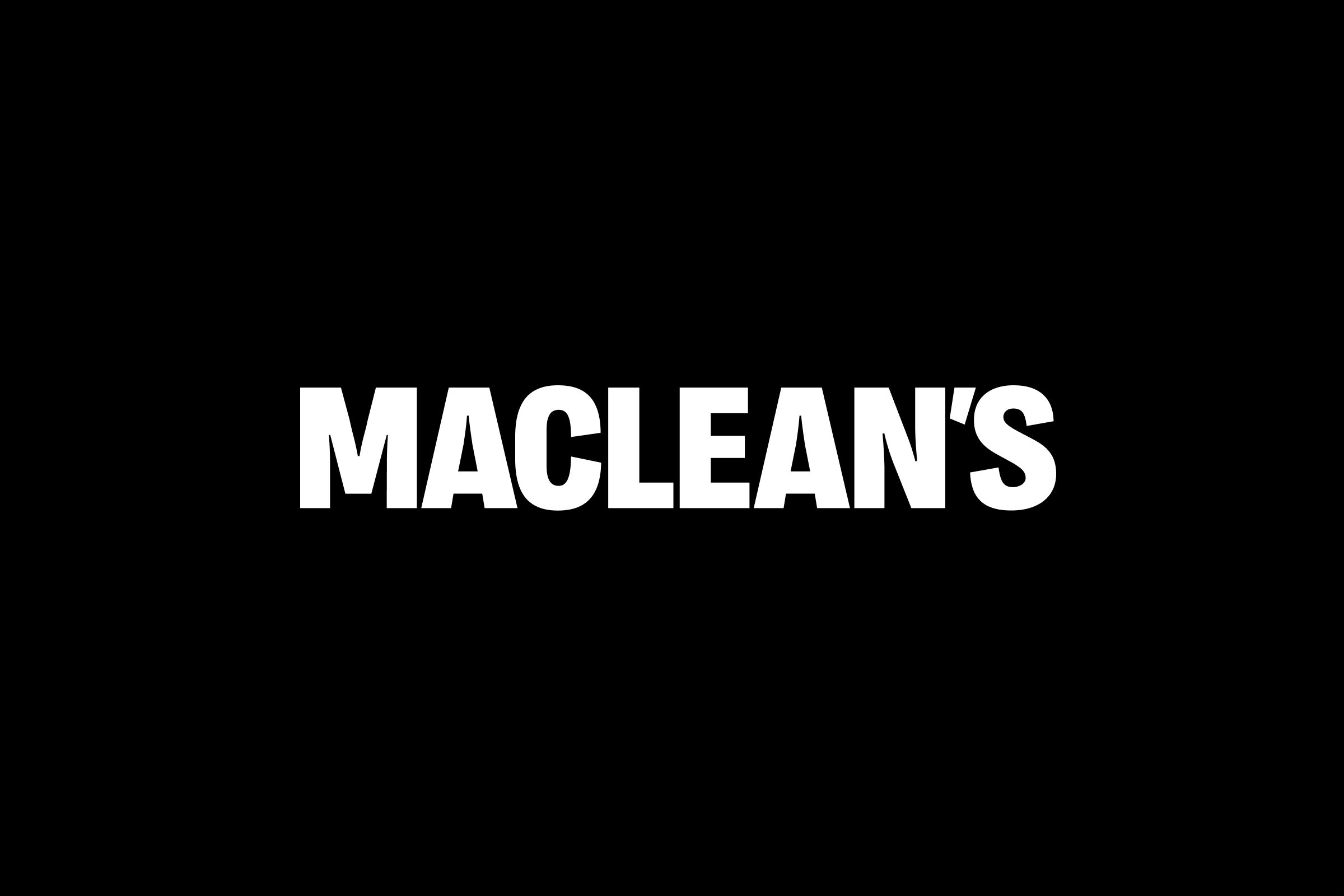Orchestras
Too many orchestras?
With strikes and bankruptcies, North America may be in orchestra overload
Leave James Levine aloooooone!
The truly weird backlash against Boston Symphony Orchestra music director James Levine continues. Jeremy Eichler, the Boston Globe‘s music critic, pens a cranky year-ender whose theme is that Levine’s “larger artistic vision” is lacking. He elaborates with a trademark display of the vague hand-waving language often used by writers who can’t really explain what they’re on about:
Across the country, orchestras are updating their approaches to programming with the goal of engaging listeners – current and potential – more broadly, deeply, and imaginatively. They are also experimenting with new ways of bringing select composers and performers into the mix, assigning them key roles not only in making music but also in artistic planning and community engagement. In these departments, Levine and the BSO are notably lagging behind the curve.
Eichler wrote a similar dirge a few months ago, when 28-year-old Gustavo Dudamel started his gig in Los Angeles and 42-year-old Alan Gilbert did the same with the New York Phil. And he wasn’t alone. Anthony Tommasini in the New York Times discerned “an artistic quandary” in Levine’s leadership.
Both writers know a lot more about classical music than I do. But I’m pretty sure they’re being twits.
Levine is 66 and he’s been in lousy health for parts of the last three years. I worried a torn rotator cuff would keep him off the tour when the BSO came to Paris two years ago. It’s frustrating when a conductor can’t meet his engagements because he’s flat on his back somewhere. But not only is Levine’s vision not outdated, he’s been an absolute tiger for new music and for the highest performance standards of the classics. His arrival in Boston — only eight years ago; it’s been (checks watch) about 68 years, by contrast, that we’ve been enjoying Pinchas Zukerman’s steady hand at the till of the NAC Orchestra — was hailed as a blessing by one of the foremost American advocates of modern orchestra management. And the confidence wasn’t misplaced: soon enough, Levine was programming so much new music and so many elaborate works that he had to establish a $40 million endowment to pay for all the extra rehearsal time. Soon the orchestra’s musicians, who have always been among the best in the world, started complaining of fatigue and performance-related injury.
Even now, the BSO programs adventurous, meaty concerts just about all the time. This concert next month, under Levine’s baton, is typical: Ravel and Berlioz, extending the orchestra’s and Boston’s century-long special relationship with French music, and a repeat performance of a five-year-old piece by Elliott Carter, the 100-year-old American composer Levine has championed throughout his tenure. Carter’s music is a real challenge for audiences. It takes guts to bring him back to the stage again and again. Ravel and Berlioz, on the other hand, are gorgeous. I’ve heard Levine conduct this band in the latter (he took Berlioz’ Damnation of Faust to Paris — talk about guts) and the performance was stupendous. The BSO and Boston Pops are racking up Grammy nominations (a shaky index of anything, to be sure) so fast the orchestra’s publicity department can’t keep track; this release mentions six and then lists seven. Levine has launched an online digital music store to peddle more of the orchestra’s performances than any old-fashioned record label could. The BSO’s music-education initiatives would be the envy of any Canadian orchestra.
I think the real problem, which isn’t really a problem, is that two cute young guys have arrived in Los Angeles and New York to announce their visions, while Levine has been implementing a coherent and ambitious vision for eight years, and the local critic is a bit bored with it all. And to make matters worse, the new conductor in Los Angeles looks like this:
while the old conductor in Boston looks like this:
More! cried the conductor. More!
Ottawa’s National Arts Centre Orchestra is bucking recessionary thinking and going big
In Ottawa, at the Berlin opera, live
With this Digital Concert Hall, viewers have advantages over those attending in person


